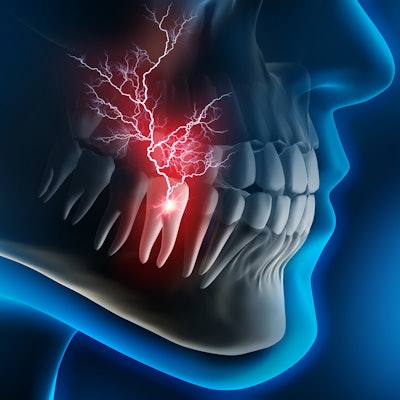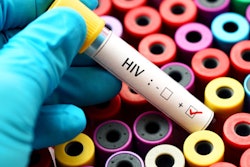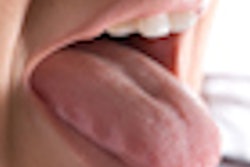
Sweet drinks, sugar, and so-called fermentable carbohydrates may promote both cavities and periodontal disease contrary to conventional wisdom, according to the authors of a recent review.
Two established researchers suggest that the demineralization of hard tissue in caries and the inflammation seen in patients with gingivitis and periodontitis are a response to nutritional imbalances in a patient's microbiota. Demineralization, inflammation, and more occur when sugar and other nutrients make the oral microbiota unstable, according to their theory.
"We revive the 'forgotten' hypothesis that sugar can promote both dental cavities and periodontal diseases," stated lead author Bente Nyvad, DDS, MPH, PhD, DrOdont, a professor in the department of dentistry and oral health at Aarhus University in Denmark, in a press release.
Dr. Nyvad and co-author Nobuhiro Takahashi, DDS, PhD, a professor of oral biology at the Tohoku University Graduate School of Dentistry in Sendai, Japan, proposed the idea that caries and periodontal disease emerge in response to nutritional imbalances in a patient's microbiota. They conducted a literature review to discover the functions that stabilize, disrupt, and restore the oral microbial ecosystem. Their research might ultimately lead to new, or better, approaches for your patients to control or reduce disease development.
The authors built their review on the concept of intraoral resilience, which means the degree that a particular ecosystem, such as a patient's mouth, can reorganize and renew itself after disturbance. If an ecosystem cannot handle environmental change (because it is overrun with fermentable carbohydrates, for example), then new conditions may arise that could lead to the rise of caries, inflammation, and periodontal disease.
They divided intraoral resilience into two categories:
- Those conferring intrinsic resilience, such as saliva, gingival crevicular fluid (GCF), and desquamated epithelium
- Those conferring bacterial metabolic resilience
An example of what may happen when a patient loses intrinsic resilience is that the microbiota's balance is shifted to an acidogenic or alkalinogenic stage, which may then lead to clinical diseases.
To maintain or restore the stability of oral microbiota, it is important to be aware of what the patient eats and drinks, the authors noted.
"It is better to focus on maintenance of resilience of the oral microbiota than on its restoration, because restoration of resilience might take years unless key ecological factors (such as sugar consumption and GCF/inflammation) are controlled," they wrote (Journal of Oral Microbiology, January 7, 2020).
While the authors list no limitations, they write that research should focus on the mechanisms linking sugar consumption and periodontal disease. It is possible that fermentable carbohydrates have been overlooked as a periodontal disease risk factor. Examples of fermentable carbohydrates include cookies, cakes, candy, bananas, raisins, and potatoes.
If fermentable carbohydrates do play a role in periodontal disease, it could lead to changes in how this disease is managed, they concluded.
"Today, there is general agreement that the above-mentioned diseases are associated with a high sugar intake. However, a hypothesis that could link and explain the two major dental diseases, caries and periodontitis, has been lacking," Dr. Nyvad stated.



















